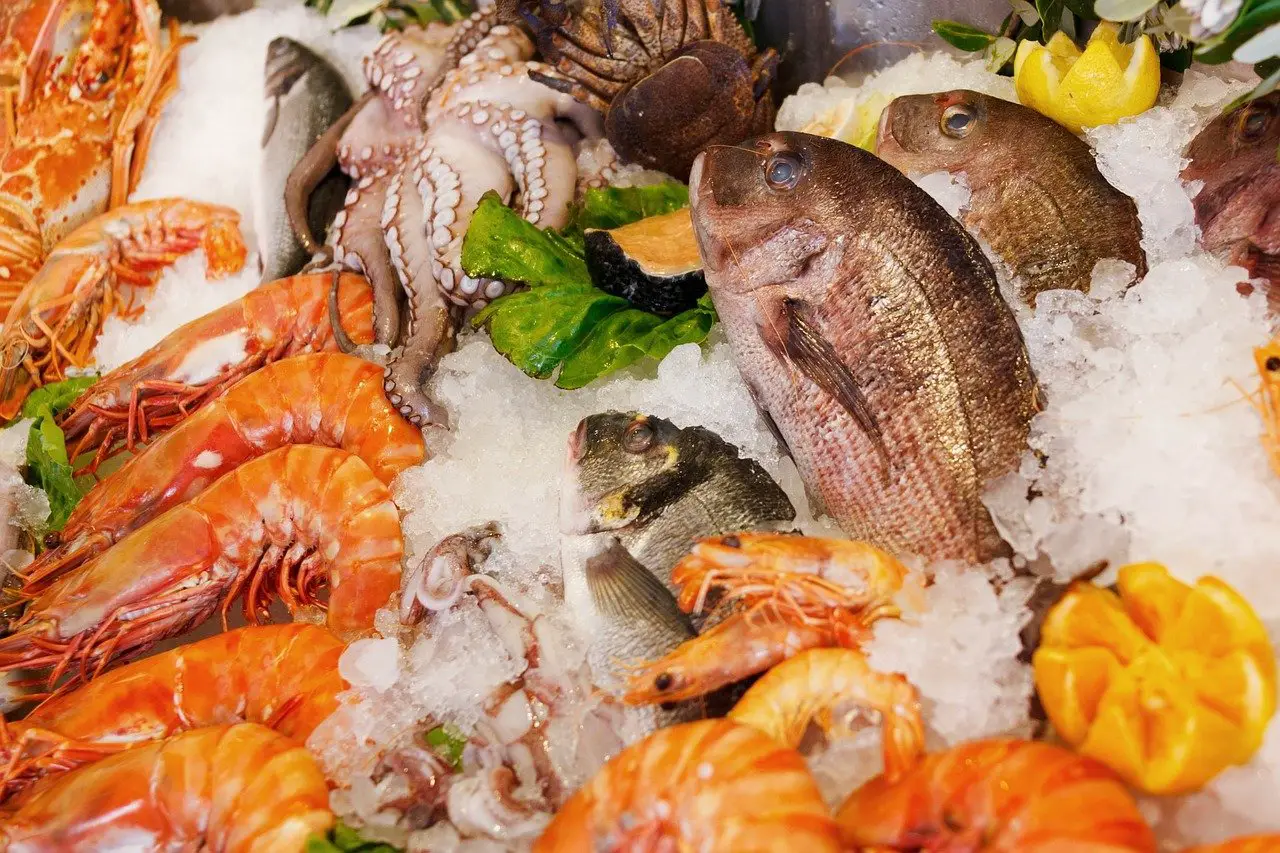(NewsUSA) – According to the Centers for Disease Control and Prevention, foodborne illnesses send 1,000 Americans to the hospital each day. Another 5,000 Americans die from foodborne illnesses every year.

Americans shouldn’t have to worry about food safety – the government needs to revamp its policies to ensure public safety. Twelve federal agencies regulate food, causing confusion and turf battles. Funding and staff shortages lead to further “loose ends” – the FDA inspects less than 1 percent of all the food shipments that enter U.S. ports.
Consumers should feel especially concerned about seafood safety. The U.S. imports nearly 85 percent of the seafood it consumes. Seafood is also one of the nation’s leading causes of food poisoning.
Seafood Safety Program Starts
One company, Global Food Technologies, has responded to consumer concerns by contracting a food safety program with foreign seafood processors in countries like China, Chile, and Vietnam. Global Food Technologies claims that its program, the iPura seal, represents the highest standard in food safety.
The iPura seals protect consumers from pathogens and other contaminants at the source of food production. The company Global Food Technologies company has also pioneered a daily on-site service for food processors that unites green technologies and safety controls with a unique “boots on the ground” approach.
Our iPura food safety program builds in safety from the start with our patented ‘organic lean-step’ processes and our iPura food safety teams that include on-site microbiologists, system operators, technicians, and quality-control personnel.” says the company CEO, Keith Meeks. “We go well beyond minimum standards to a level unmatched in the industry and because of these extraordinary safety controls, iPura-labeled products are insured against regulatory intervention and product recall.”
Such efforts may be well rewarded as stakeholders seek protection from the health and financial risks of imported food. According to the U.S. Food Policy Center at Michigan State University, nine out of 10 consumers want more food safety information on the label, and more than eight in 10 would be willing to pay a premium to lower their health risk.
Related News Reading on Seafood Safety




